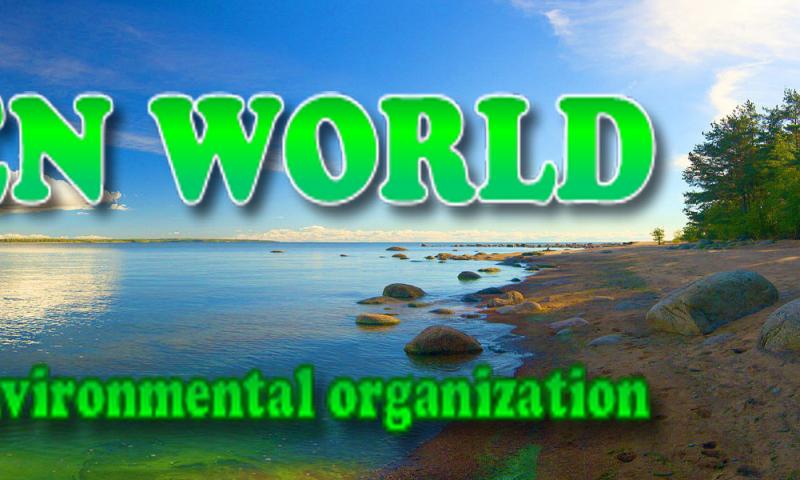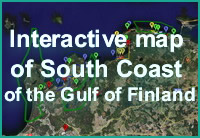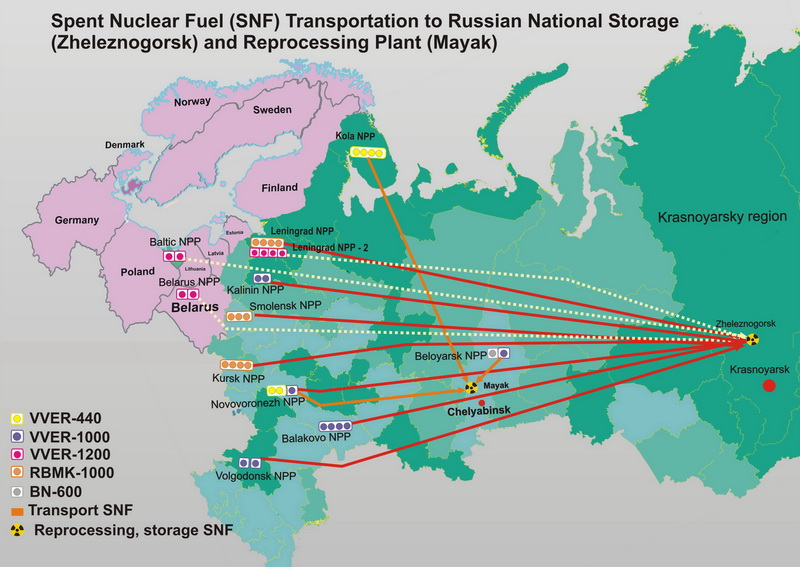
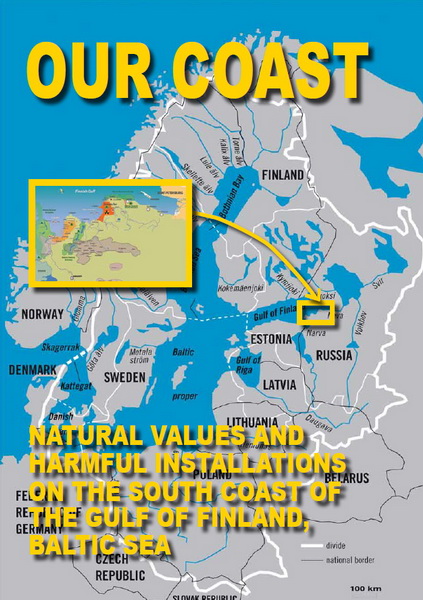 |
The South Coast of the Gulf of Finland |
|---|---|
| Natural Values and Harmful Installations |
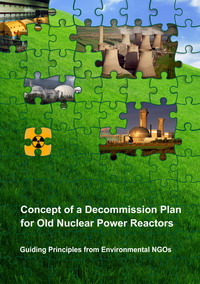 |
Concept of a decommission plan for old nuclear power reactors |
|---|---|
| Guiding Principles from Environmental NGOs |
On the Need for Democratic Standards when Siting Atomic Energy Facilities in Russia
A Statement of Non-Goverment Organizations of Russia
For several decades spent nuclear fuel from European countries and from European Russia has been transferred for storage to the Gorno-khimicheskii kombinat (GKhK) factory (in the closed city of Zheleznogorsk, Krasnoyarsk Territory) and to Mayak (in the closed city of Ozersk, Chelyabinsk region). To date, a gigantic amount of nuclear materials and radioactive substances has accumulated here. In the minds of the residents of Europe, the impression is that such a transfer to closed, opaque cities in the Urals and Siberia is a safe solution to the problems.
This is not so!
Over the years of the existence of GKhK and Mayak there have been several major accidents which have caused the pollution of vast territories. Moreover there has never been a proper assessment of the consequences of these accidents on human health and the environment. Activities of social and environmental rehabilitation of these areas in order to protect residents have not been properly carried out.
The current promotion of the construction of new facilities associated with the processing and disposal of nuclear and radioactive materials on these territories will not increase the nuclear and radiation safety in the regions where they are being placed.
The current practice in Russia of decision-making for siting nuclear facilities is not consistent with the principles of a government based on the rule of law. Decisions are taken by the leadership of the state corporation "Rosatom" based solely on its economic interests. There is not adequate participation of the government authorities of Krasnoyarsk Krai, Chelyabinsk Region, local governments, or Russian citizens living in the area of the potential impact of these dangerous sites.
This can go on no longer!
Ignoring the interests of Russian citizens in the Krasnoyarsk and Chelyabinsk region is unacceptable and violates the principles of fair environmental safety of the citizens of one country.
We believe that those regions that consume nuclear electricity should bear the responsibility for the safe handling of the accumulated radioactive waste (RW) and storage of spent nuclear fuel (SNF).
When developing national projects for the long-term storage (disposal) and processing of radioactive waste and spent nuclear fuel, regional referendums should be held on the territories of their intended placement. The will of the citizens of Russia in such referendums should have the right to "veto" such projects.
In preparing such regional referendums, the Russian government and the state corporation "Rosatom" should have to demonstrate the environmental safety of the operation of the treatment (disposal) of radioactive waste and spent nuclear fuel. In order for a positive decision in a referendum, the federal government should have “to interest" a region and plan for its socio-economic development for decades to come. This model of national strategy must be socially responsible both for the specific region and for Russia at large.
We demand that radiation and environmental safety be provided for current and future generations of those residents living in the Krasnoyarsk and Chelyabinsk regions, in accordance with generally accepted democratic standards of civilized countries, and include new procedures of decision-making about the siting of disposal of radioactive waste and related experimental laboratories.
Fedor Mariasov (NATURE OF SIBERIA, Zheleznogorsk, Krasnoyarsk Territory);
Vladimir Mikheev (CIVIC CENTER OF NUCLEAR NON-PROLIFERATION, Krasnoyarsk);
Artem Kardanets (RUSSIAN LEAGUE GREEN, Krasnoyarsk);
Andrew Talevlin (MOVEMENT "FOR NATURE", Chelyabinsk);
Oleg Bodrov (GREEN WORLD Sosnovy Bor - St. Petersburg);
Vitaly Servetnik (KOLA ENVIRONMENTAL CENTER, Murmansk - Apatity)

